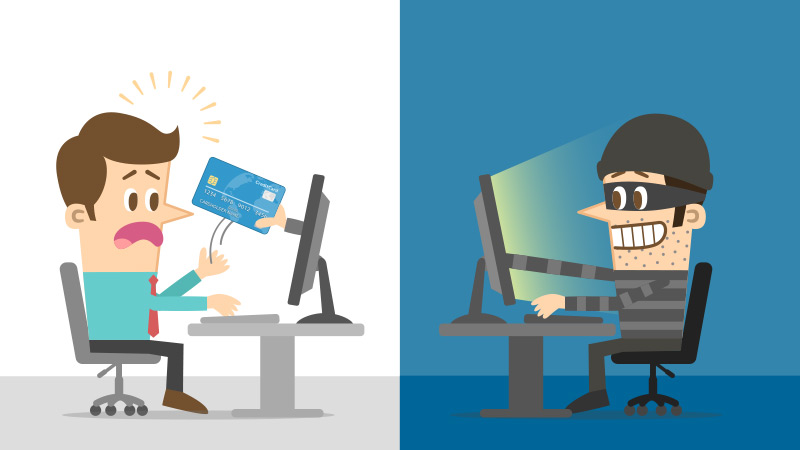May 2, 2017
An unfortunate cost of online business is the risk of being scammed. From stolen credit card numbers to misleading email addresses to questionable shipping locations, opportunists can wreak havoc all through the ordering and delivery process.
Below are some tips for avoiding scams:
- Pay attention to emails
Misspellings and typos in emails are a red flag that something is potentially amiss, as are generic email addresses (hotmail.com, google.com, yahoo.com) for established companies. If you notice poor spelling or a questionable email address, do some more digging to make sure you’re working with someone on the up-and-up. Also, never open attachments or click on links in an email from someone you don’t know. - Be a digital security guru
Remain vigilant with your online security. Use strong passwords. Don’t use the same password for different sites. Make sure to regularly install security updates and keep your antivirus software update. This may seem obvious, but many people let their guard down and get lax with online security, opening the door for hacking. - Verify and double-check information
If you have any doubts about a credit card, shipping address or company name, do a little extra research. Make sure the name on the card matches the name of the person placing the order. Visit a company website to check that the mailing address is the same on the order form as it is online. If you have any doubt about fulfilling an order for someone you don’t know, see if you can find someone who does and can provide a reference.
Unfortunately, following all the right steps doesn’t 100% guarantee that you’ll be safe online. If you do fall victim to a scammer notify your bank, credit card company, credit reporting agency and local authorities immediately. While it’s difficult to identify and prosecute scammers after the fact, by reporting the specifics of your experience, others can learn and be better prepared.
